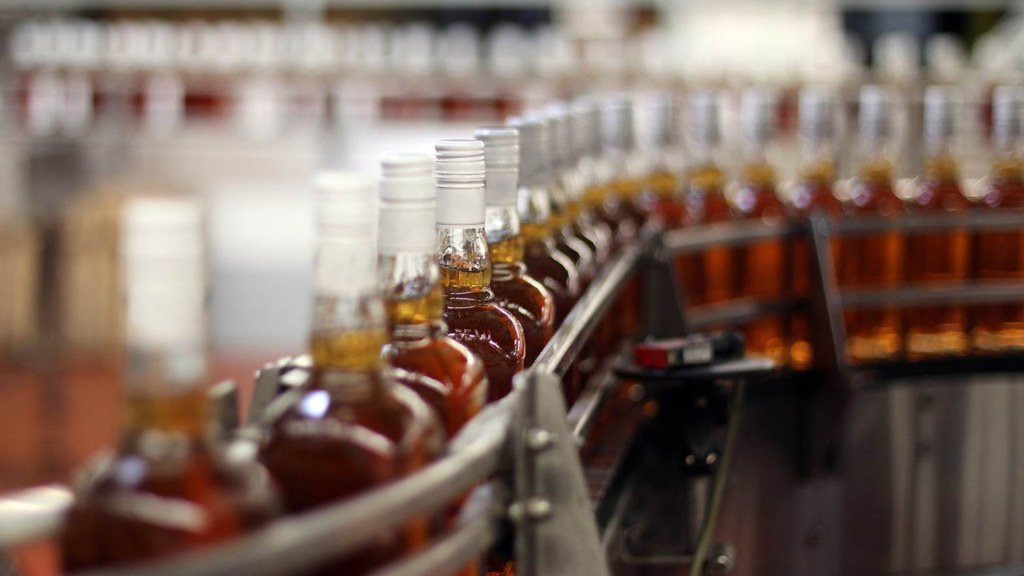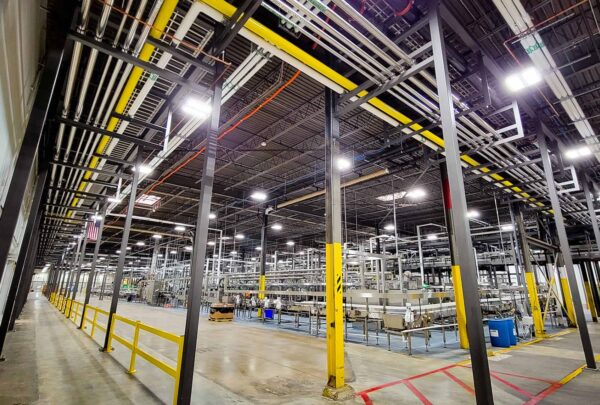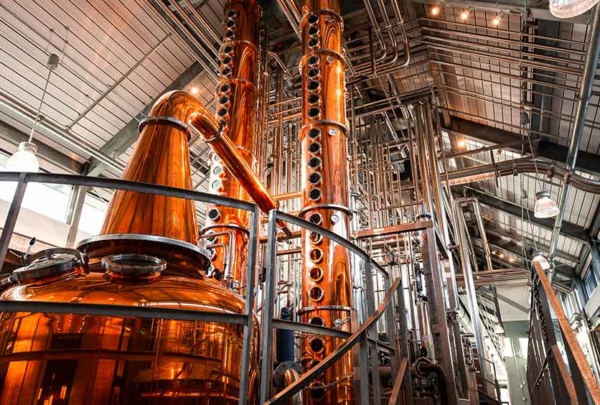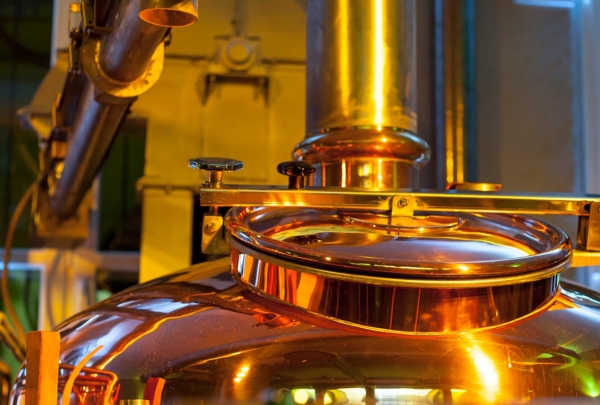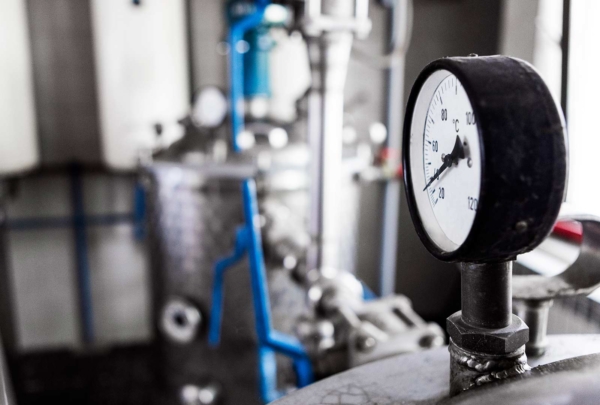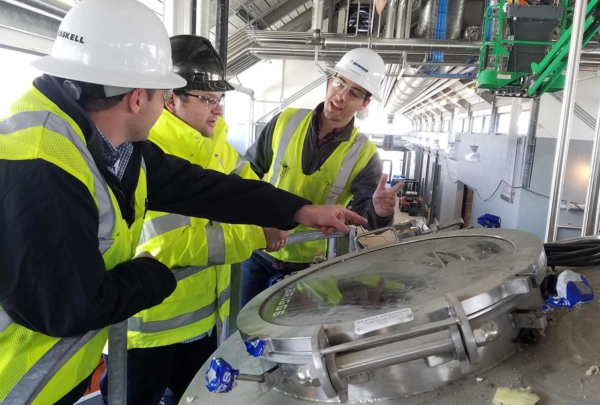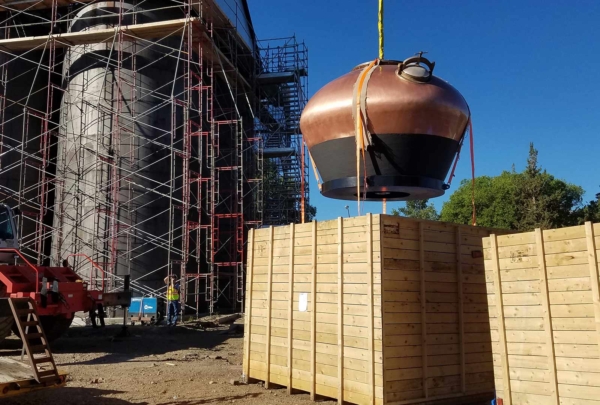It’s been a long journey from planning, through design and procurement. And now, construction, for all intents and purposes, is complete. So it must be time to start distilling spirits, right?
Not quite!
Before we can start making product, it’s time to step back and take a hard look at your new installation. Prior to firing up the whole production line, you should take steps to ensure that the systems are installed as intended, per design; that all components and equipment are ready to operate in a safe and proper manner; and that appropriate procedures are in place to bring your dream of creating award-winning spirits to fruition.
- Mechanical Completion
The first step in demonstrating completion of your new distillery is to verify the plant is installed per design intent. In a perfect world, you might expect installation is exactly per design, but in the real world, alterations and changes in the installation may take place due to unforeseen circumstances that happen in the field. That’s why it is necessary to check for the following items:
- Equipment and component tags are in place and correct
- Equipment mechanical connections are correct
- Material and fluid flow directions are correct
- Pipe is the correct size and type
- Valve orientation is correct (check valve installed backwards?)
- Instruments and gauges are installed per the piping & instrumentation diagrams
- Pipe cleaning & leak testing has been accomplished
A punch list is a great way to document what you and your team find during your field inspections, and the right tool to ensure corrections are made where necessary.
- Dynamic Checkout
In addition to a good mechanical installation, it is just as important (if not more so) to ensure that the electrical power and control installation is complete and proper. Depending on your design, the level of automation for your process might be simple (more hands-on) or complex (push a button and let it run!).
For dynamic checkout, the items to verify include, but are not limited to:
- Wiring to powered and controlled equipment and devices is correct (e.g. pump rotation is correct, agitator rotation is correct, etc.)
- Control inputs/outputs are verified from point-to-point
- Automated valve operation is correct (e.g. opens and/or closes when remotely commanded).
As with mechanical completion checkout, a punch list is a great way to track and resolve deficiencies.
- Operational Qualification
Now that mechanical and dynamic checkouts are complete, and punch list items are resolved, you are at the point of testing the functions of your raw materials preparation, mashing, fermentation, and distilling operations. This may be accomplished by processing raw materials or substitute materials, such as water, ahead of actual product to test the function of the equipment on a system level for performance, i.e. capacity, quality, etc. The benefit of using water as a test medium is that the testing of flow paths and unit operations can be accomplished with reduced costs, special operating conditions, and hazard potentials that would be associated with ethanol processing.
This is a more of a hands-on opportunity for your operators to work alongside the design and installation team to achieve familiarization and initial training of your distillery. Any deficiencies within the system noted during this activity can be documented and resolved prior to the next phase.
- Product Qualification
At long last, you have reached the final stage of verification for your distillery to realize that your system overall meets the design intent and is ready to produce saleable product. This is the time to test your recipe with your production raw materials and distillation processes, and to make adjustments, if necessary, to achieve the production and quality goals you’ve planned for. During this final stage, your operator training is bumped up several notches to demonstrate proficiency with the equipment and overall knowledge to obtain desired production levels and quality.
For more information, contact Haskell’s Beer, Wine & Spirits division leader, Anthony White.
